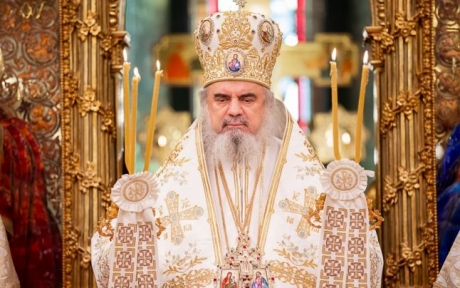
His Beatitude Patriarch Daniel explained on Wednesday what is the “blessing of the Jordan” asked for during the great blessing of waters on Theophany Eve: it is the sanctifying work of God in His creation. Through His Baptism in the Jordan River, the Saviour sanctifies the whole world. “In conclusion, the Orthodox does not lock God in the church, but sees His sanctifying, healing, and blessing work in all creation,” His Beatitude said.
“There is a difference between Theophany holy water, which is blessed only on the eve and on the day of the feast of the Baptism of the Lord, and usual holy water, which is blessed on any day of the year,” Patriarch Daniel noted.
Renewing the grace of our own baptism
St. Symeon the New Theologian said that Theophany holy water refers to the renewal or actualisation of the Lord’s Baptism in the Jordan.
“Therefore, the prayers for this service refer to the power of the Jordan, through which God performed miracles, and especially in the Jordan the Saviour Jesus Christ was baptized by St. John the Baptist,” His Beatitude explained.
Saint Symeon also noted that “Theophany holy water is the renewal of the grace of our own baptism. So, it is about the Baptism of the Lord and our own baptism, because this holy water at the end of the liturgy is the water that has the same grace that we received when we were baptized,” the Patriarch of Romania continued.
At baptism, “we were adopted through grace in the love of God the Father, through the work of the Holy Spirit, by faith in Jesus Christ, the everlasting Son of God, who became Man out of love for men and for their salvation,” His Beatitude explained.
The Blessing of the Jordan River
The blessing of the Jordan River “means first of all the sanctification of the nature of the waters,” accomplished by the fact that the Saviour Jesus Christ, the One Holy and without sin, “sanctified the earth through His birth in the cave, and by His Baptism in the Jordan He sanctified the nature of the waters.”
“Since the Old Testament, the Jordan has become a symbol of God’s work, of changing the behaviour of water, of the nature of water, which normally flows. But there are moments when the water recedes,” the Patriarch of Romania said.
Thus, the blessing of the Jordan means “a wonderful work of God, which sanctifies humans, which heals them, which shows the work of God’s grace in His creation.”
His Beatitude referred to the Book of Genesis saying that “the Spirit of God was hovering at first above the face of waters, that is, the Holy Spirit was in an intimate connection with the waters at the beginning of the world.”
“So, the Holy Spirit, Who gives life to creation, is the One Who first glides over the waters and then greens the fields and gives the vegetation that becomes food for animals and for man,” the Patriarch also explained.
Restoring the connection of creation with the Creator
“Therefore, now, through the sanctification of the water, the connection of God’s will for communication between the Creator and creatures and especially for communication between the grace of the Holy Spirit and the nature, or nature of the created things, is restored.”
“So, we have in the mystery of the Baptism of the Lord a sanctification of the creation. That is why our believers especially use the water from the Baptism of the Lord, from this holiday, the Great Agiasma, for the sanctification of their house, but also for the blessing of their workplace, or of the garden and sometimes of the animals, because the animals were the support of biological life, they offered food and help in the work in the field,” Patriarch Daniel added Jan. 5.
Therefore, His Beatitude concluded, “an Orthodox sees God present in all creatures and in all the works that man does by invoking God’s help.”

 NATIONALacum 2 săptămâni
NATIONALacum 2 săptămâni
 ACTUALacum 2 săptămâni
ACTUALacum 2 săptămâni
 NATIONALacum 3 zile
NATIONALacum 3 zile
 ACTUALacum 3 săptămâni
ACTUALacum 3 săptămâni
 NATIONALacum 2 zile
NATIONALacum 2 zile
 NATIONALacum o săptămână
NATIONALacum o săptămână
 ACTUALacum 3 zile
ACTUALacum 3 zile
 NATIONALacum 2 zile
NATIONALacum 2 zile



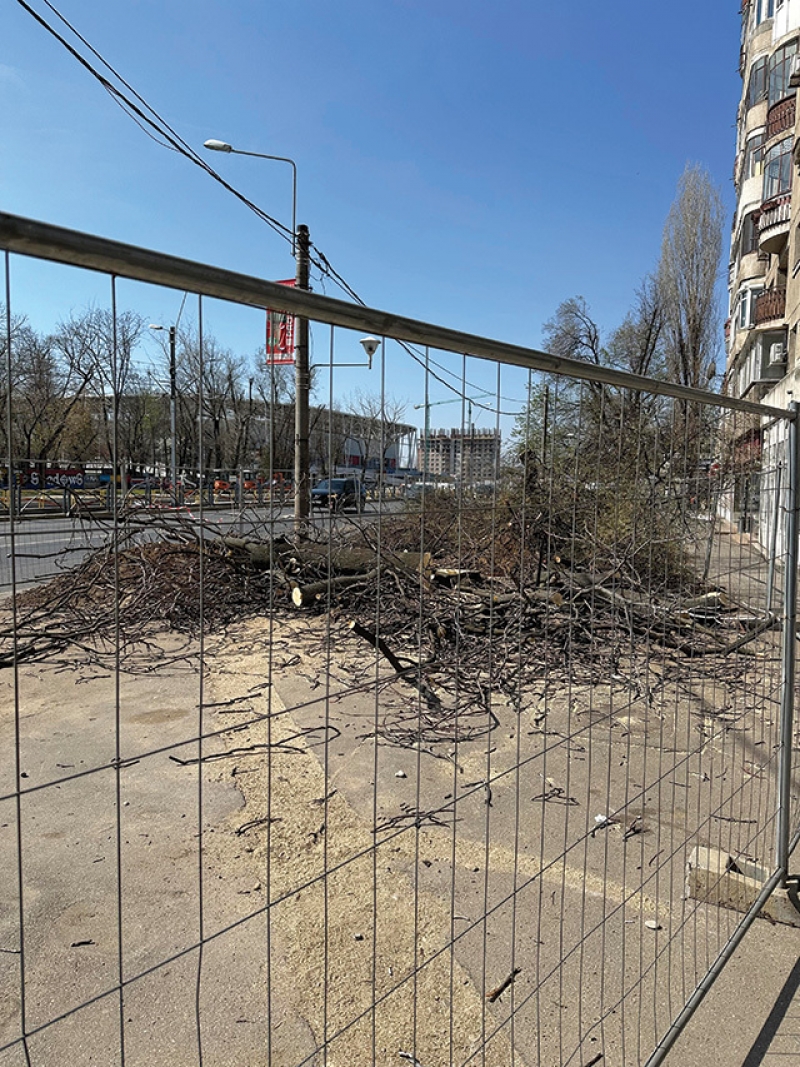
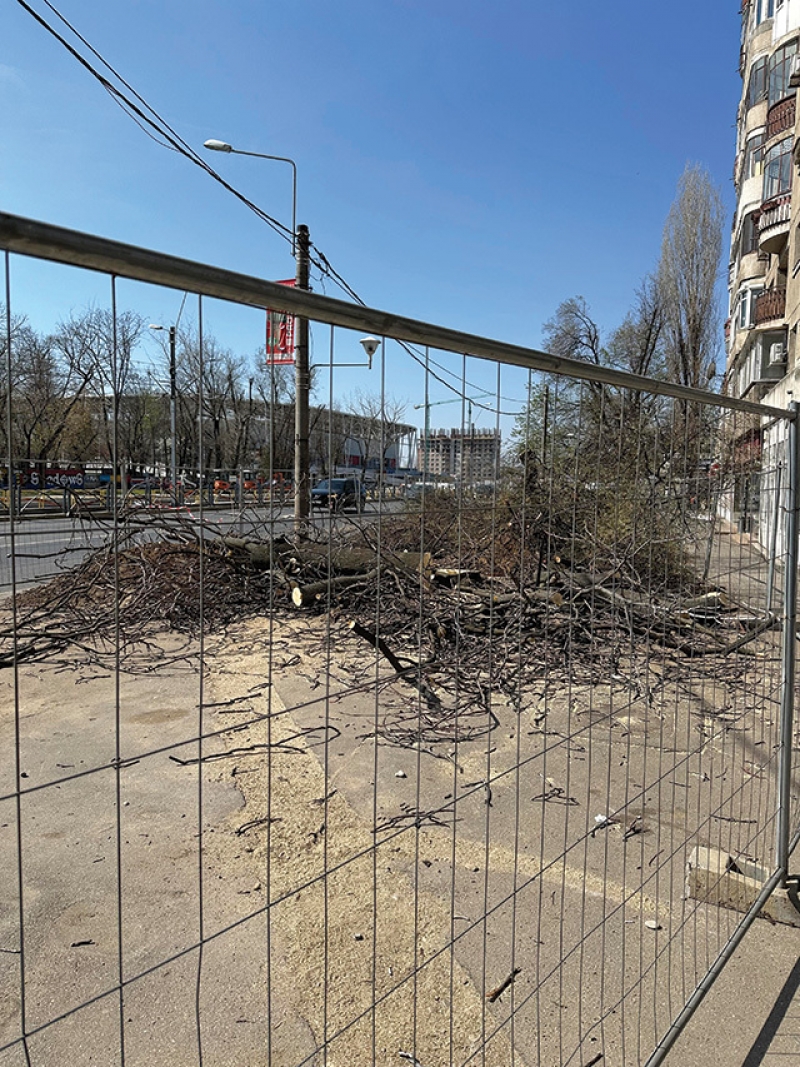
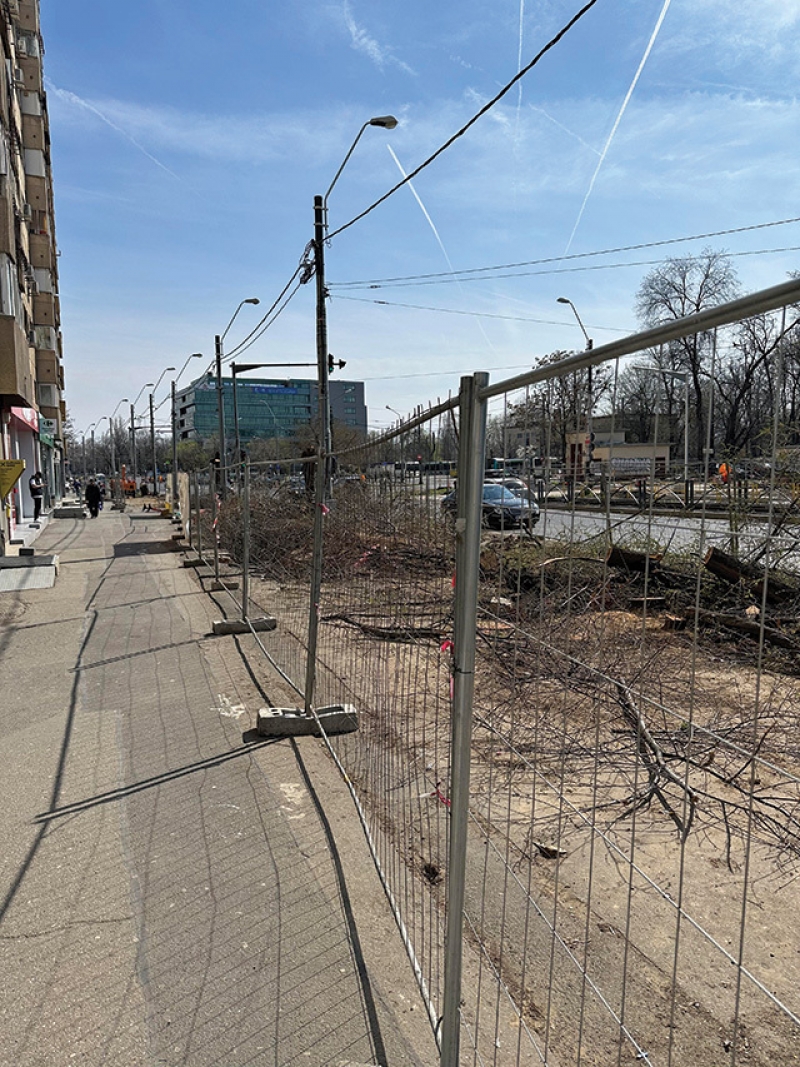
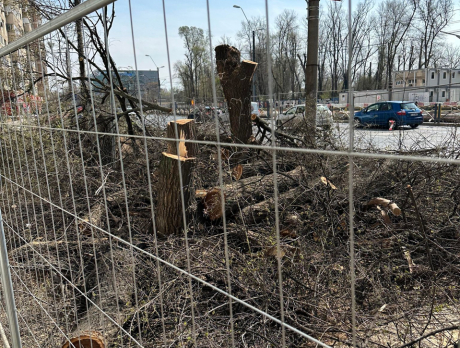
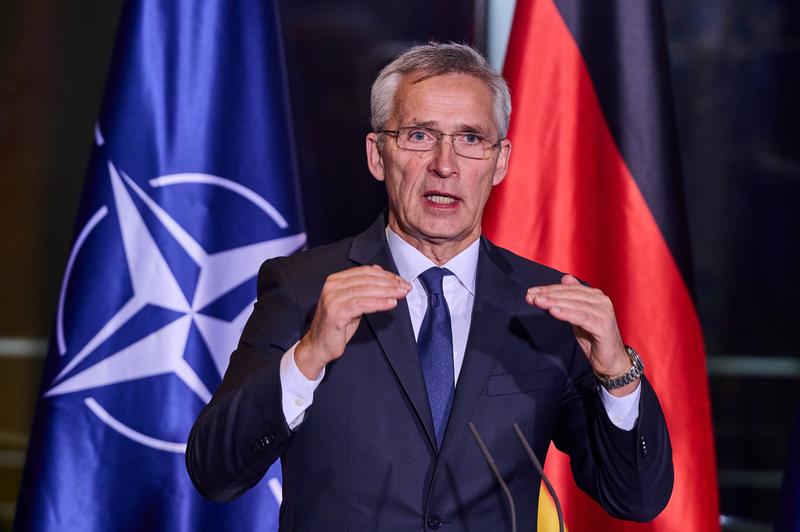
















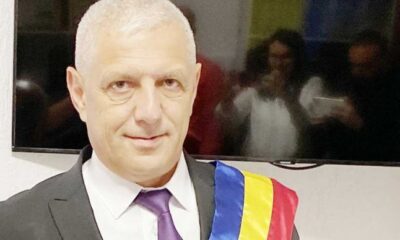

























You must be logged in to post a comment Login